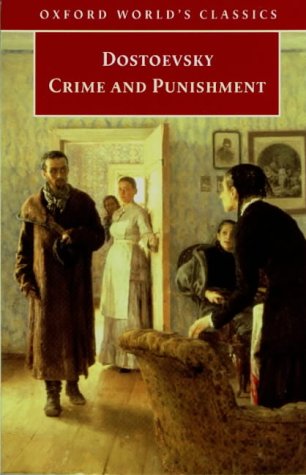But they didn't say this, at least that I recall. They did say things about how they intended to change the way combat played, and to change the way monsters intended primarily as combat fodder would be statted up (I'm thinking of stuff from Dave Noonan and Andy Collins). They also talked about being influenced by indie games, but wanting to be broader in focus than those games (I'm thinking of stuff from Rob Heinsoo).When the creators say themselves that they have changed the focus to combat encounters, there's not much room for debate.
After all, they did introduce a new non-combat mechanical subsystem.
See, I don't agree with this at all. Skill chalenges do push focus away from combat, both as written and as played (at least at my table!).4E feels very narrow, and because all the changes shifted towards combat. Is there any new feature of 4E that actually pushed focus away from combat? I know of none. Not the skills challenges, for sure.
See, I don't find this to be true either. With its training, feat and multi-class rules it's actually quite broad, I find, in its approach to skill acquisition and how that fits into character building.4E has the narrowest skills acquisition and development of any edition since the OD&D. Even Basic DnD went further--not in skill mechanics, but in breadth.
As for the range of skills - my comparitor is really Rolemaster rather than earlier editions of AD&D. It's different, but (given the way skill challenges work) not radically narrower. The number of RM PCs, for example, whose crafting skill was a major focus of play as opposed to a means, via some die rolls, to an end (namely, crafted goods) was pretty small in my experience. And 4e still permits crafting to take place (via rituals and feats), even though it is never going to be a focus of play.
The modules are mostly bad, I agree. But they don't even reflect the system as written, let alone what I know from experience it can do.And read all those 80s adventure modules. About half exploring and half combat. 4E? Combat, combat, combat, combat, and a skill challenge. This tells us what the makers are focusing on.
I think that earlier editions have had different focuses. I'm not sure which way you're going with the comparison of Basic to 2nd ed. Is the thought that 2nd ed has a more open-ended focus? If so, I'm not sure I agree - I think it liked to present itself in that way, but in my experience it didn't deliver.It seems to me that width of focus is a factor in different editions. It is a factor between various incarnations of TSR-D&D as well......unless you'd also like to claim that there is no difference in the width of focus between Holmes Basic and 2e? I know I'd not make that claim!
In addition, it is difficult to extract a single bit without taking the overall tone into account. The tone of later 4e products might be different, but the early release (first three core) definitely had a different width of focus than (some) previous editions -- and the designers made no secret about it. They made clear statements about what D&D was, and was not, and the design followed those statements.
If you were saying the opposite - that 2nd ed is narrower than Basic - then maybe I agree with that, but would be interested to hear more.
I think that 4e does have a certain focus - on encounters (or, to use Forge lingo, situations) as first and foremost, and exploration as secondary. That said, it has a robust mechanical system to support exploration - different from AD&D, no doubt, but (in my view) robust nevertheless. It also has the tool - namely, the skill challenge - to turn many examples of what in previous editions would have been explorations into situations. This is a different type of play experience, but I don't know that I would call it a narrowing of focus.
As for changes of tone in later products, this has been mooted by some, but (other than Essentials, which sometimes has a tone I'm not a big fan of) I haven't noticed it. To give one example - The Plane Above raises Heroquesting as an option (to avoid treading on Gloranthan toes they call it something else - "journeying into deep myth", from memory). This is a type of adventure that combines exploration (of gameworld history and mythology), situation (that history and mythology being a launching pad for PC involvement), meaningful choices for players (how do you want to rewrite the history, mythology and therefore the truth of this gameworld?) and epic adventure into one single and (in my view) compelling package. I don't see it as narrow at all. And in my view this is just the sort of adventure that is incipient in 4e's originally published design, when you combine the idea of epic destinies as presented in the PHB (and to a lesser extent the DMG) with the stuff on the gameworld presented in the DMG (and to a lesser extent the PHB).
So I tend to see where the game has gone as building on what was first presented, rather than departing from it.
But I know others see it differently. Back in 2008 (? or thereabouts) Celebrim suggested that I and others were reading the 4e rulebooks (or at least previews thereof - it may have been a preview of the skill challenge rules on the WotC website) wishfully. Was he right? I'm obviously not the best person to judge that question!





